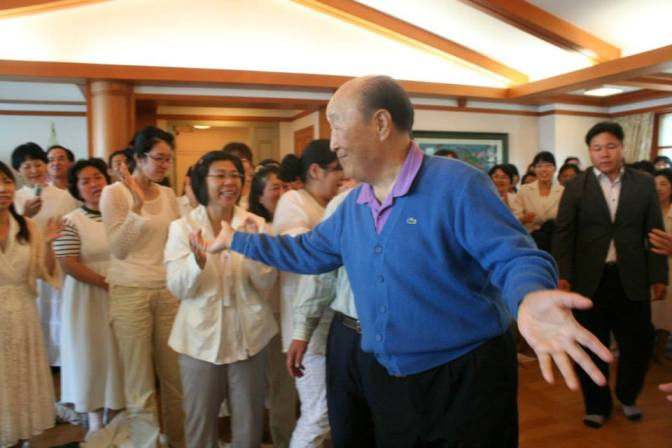![]()
The Words of the Davies Family
|
|
The Words of the Davies Family |

Throughout the most expansive and world-influencing years of British history, the name of Churchill rings. From the days of John Churchill -- the First Duke of Marlborough, who grew from humble beginnings to become the most powerful man in the land -- to the time of Sir Winston Churchill, who served our nation in the last World War, this name has stood for honor, courage and loyalty to the highest ideals in the human breast.
It was John Churchill who tilted the balance that enabled William of Orange to enter England and take the throne from King James II who was moving towards becoming a Catholic; not for political or financial gains, neither personal power did he do this, but because he believed England should be a country where each religion could be freely practiced; especially that the Protestant Faith, which the majority of his countrymen followed, could flourish, and where the common man could be free and creative for the good of all.
It was Sir Winston, who, sacrificing political power, often risking his life as well as his career for what he held to be right, spoke, struggled and fought for freedom throughout his life. Even before the First World War, he was notorious for his complete disregard of what was politically and socially fashionable, and his adherence to principle. Attacked by many who were jealous of them and sought to discredit their motives and actions, both these men pursued the path of their conscience.
John Churchill was not a brilliant man. His rise to the highest position in the state is said to have been due to his singular tact and to his skill in the management of men. Always courteous, concerned for the welfare of others, he commanded admiration and respect from all who knew him, from his fellow statesmen to his soldiers. Lord Chesterfield said he possessed "an excellent plain understanding and sound judgment"; he took great pains in planning and executing a campaign, and all the time was observant and alert to every situation. His enemies criticized his financial gains but ignored the vast sums he spent on Causes in. which he believed. In everything, he lived life to the full.
Unsuccessful academically at school, Sir Winston was even then conspicuous by his energy and wholehearted response to life. Throughout his career, no one could say he lacked vigor or enthusiasm; in fact those very qualities got him into trouble. The love he earned from people in the Second World War is difficult for today's generation to understand, but his inspiration held the nation so tightly that people knew that, if they followed him, England could not be defeated. Abandoned by all at the close of the war, still he continued, exposing with prophetic insight the threat of Communism, and writing one of the most inspiring accounts of the history of the British Isles yet written.
These were men with great personal dedication to their fellows, men who valued and loved the best of their past, lived fully in the present, and worked to build for the future. Today, we need more than every an awareness of the path of human history and our present responsibility. Scientific advancement has altered our environment, and industry and large towns have changed our social structure completely. The large perpetuating family clan has disappeared and each man feels an island. But, today's men, when seen by history, must be seen as a new breed, embodying the best of the past, pushing forward for a better world.
Let us take these men as our inspiration. The true Israel, Paul said, was those who believed and followed Christ, not just the Physical descendants of Abraham. Likewise, the true Churchill is he who lives to the full and sacrifices himself for the common good. The Churchill's' history is also your history and my history. We must do even greater things. Marlborough's glorious victory at Blenheim was made against an army that outnumbered his by 10,000. The Battle of Britain was won by a few. To lead this country in God's way, we need vigor, determination, and a sacrificial spirit. A few such men are worth more than many who are pledged only to a vague ideal that never finds expression. Let us take up the standard that future historians may echo Sir Winston's words: "Never in the field of human conflict was so much owed by so many to so few."